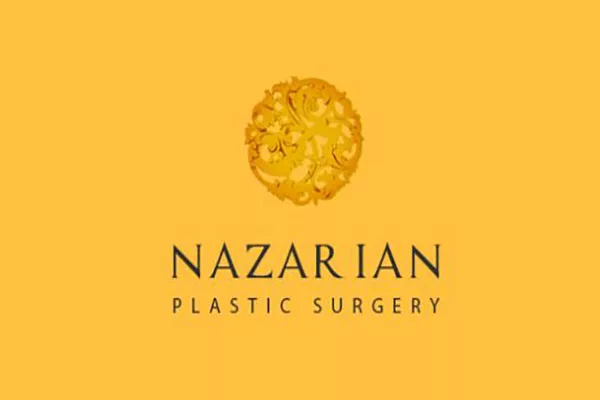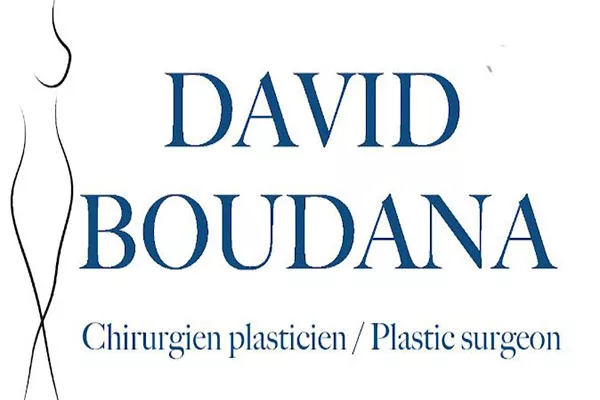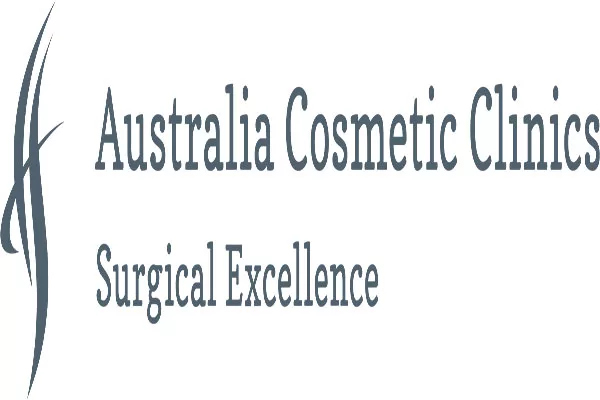Breast surgery and hair loss are two medical topics that are commonly discussed in today’s society. Breast implant surgery is a popular procedure among women who want to enhance the size or shape of their breasts. However, with any surgery, there are risks and concerns that should be considered prior to undergoing the procedure. Hair loss, on the other hand, can be caused by a variety of factors such as genetics, age, and underlying medical conditions. It can be a distressing experience, especially for individuals who value having a full head of hair. This article will explore these two topics in detail, including the procedures involved, potential risks, and tips for recovery.
Breast Implants
Breast implants are silicone shells filled with either saline or silicone gel that are surgically inserted behind the breast tissue or under the chest muscle. The procedure is typically done under general anesthesia and can take several hours to complete. There are two primary types of breast implants: saline and silicone. Saline implants consist of a silicone shell filled with sterile saltwater. Silicone implants are filled with a silicone gel that feels more like natural breast tissue. The type of implant used will depend on personal preference and the patient’s body type. It is important to consult with a board-certified plastic surgeon to determine the best option for your needs.
Risks and Complications of Breast Implants
Like any surgical procedure, breast implant surgery carries some risks and potential complications. Some of the most common risks include:
- Pain and swelling
- Infection
- Bleeding and bruising
- Scarring
- Capsular contracture, where thick scar tissue forms around the implant, causing it to harden
- Implant rupture or leakage
- Changes in nipple and breast sensation
- Anaplastic large cell lymphoma, a rare form of cancer that has been linked to certain types of breast implants
It is important to discuss these risks with your surgeon and follow all post-operative care instructions to minimize these potential complications.
Hair Loss
Hair loss can be caused by a variety of factors, including genetics, hormonal changes, medical conditions, or medications. Male and female pattern baldness, also known as androgenetic alopecia, is the most common cause of hair loss. This condition affects up to two-thirds of men and women by the age of 60. Hair loss can also be caused by autoimmune disorders, such as alopecia areata, where the immune system attacks hair follicles. Additionally, certain medications, radiation therapy, and underlying medical conditions, such as thyroid disease, can also cause hair loss.
Hair Loss Treatments
There are several hair loss treatments available, depending on the underlying cause of the hair loss. These include:
- Medications: Medications like minoxidil and finasteride can help slow or stop hair loss.
- Hair transplant surgery: Hair transplant surgery involves transplanting hair follicles from one area of the scalp to another to promote hair growth.
- Low-level laser therapy: This treatment uses light therapy to stimulate hair growth.
- Platelet-rich plasma therapy: In this treatment, a patient’s own platelet-rich plasma is injected into the scalp to promote hair growth.
- Corticosteroids or immunotherapy: These treatments involve the injection of steroids or immune system-suppressing drugs into the scalp to treat autoimmune-related hair loss.
It is important to consult with a dermatologist or hair restoration specialist to determine the best treatment option for your specific condition.
Risks and Complications of Hair Loss Treatments
While hair loss treatments can be effective, they also carry some risks and potential complications. Some of the most common risks include:
- Skin irritation
- Infection
- Swelling
- Bleeding
- Scarring
- Allergic reactions
- Temporary hair loss
It is important to discuss these risks with your doctor and follow all post-treatment care instructions to minimize these potential complications.
Recovery from Breast Implant Surgery
Recovering from breast implant surgery will depend on the individual and the specifics of the procedure. However, there are some general steps you can take to ensure a smooth recovery. These include:
- Rest: It is important to get plenty of rest following surgery to allow your body to heal.
- Pain management: Your surgeon will prescribe pain medication to manage post-operative pain.
- Follow all post-operative instructions: This includes cleaning and care of the incision site, wearing a supportive bra, and avoiding certain activities like lifting heavy objects.
- Attend follow-up appointments: Regular check-ins with your surgeon can help detect any complications early on.
- Gradual return to normal activities: It is important to gradually work up to normal activities to avoid strain on the incision site.
Overall, recovery from breast implant surgery can take several weeks, but most people are able to resume normal activities within a few weeks after the procedure.
Recovery from Hair Loss Treatments
Recovery from hair loss treatments will depend on the specific treatment and the individual. Some general steps you can take to ensure a smooth recovery include:
- Follow all post-treatment instructions: This includes how to care for the treated area, any medications that need to be taken, and what activities to avoid.
- Take care of your scalp: Avoid washing your hair for the first few days following treatment or surgery to allow the treated area to heal, and be gentle when washing your hair in the following weeks.
- Avoid strenuous activities: Depending on the treatment, you may need to avoid certain activities for a period of time to avoid straining the treated area.
- Attend all follow-up appointments: Regular check-ins with your doctor or specialist can help detect any potential complications early on.
Overall, recovery from hair loss treatments can take several weeks to months depending on the type of treatment. It is important to follow your doctor’s instructions carefully to ensure the best possible outcome.
Conclusion
Breast surgery and hair loss are two medical topics that can have a significant impact on an individual’s self-confidence and overall well-being. While breast implant surgery can enhance breast size and shape, it also carries some risks and potential complications. Similarly, hair loss can be a distressing experience, but there are a variety of treatments available that can help promote hair growth. It is important to consult with a board-certified plastic surgeon or hair restoration specialist to determine the best treatment option for your specific needs. Additionally, following all post-operative or post-treatment instructions carefully can help ensure a smooth recovery with the best possible outcome.
Additional Resources
For more information on breast implant surgery and hair loss, as well as resources for finding a specialist in your area, consider exploring the following:
- American Society of Plastic Surgeons (https://www.plasticsurgery.org/)
- International Society of Hair Restoration Surgery (https://www.ishrs.org/)
- National Institute of Arthritis and Musculoskeletal and Skin Diseases (https://www.niams.nih.gov/health-topics/hair-loss).







